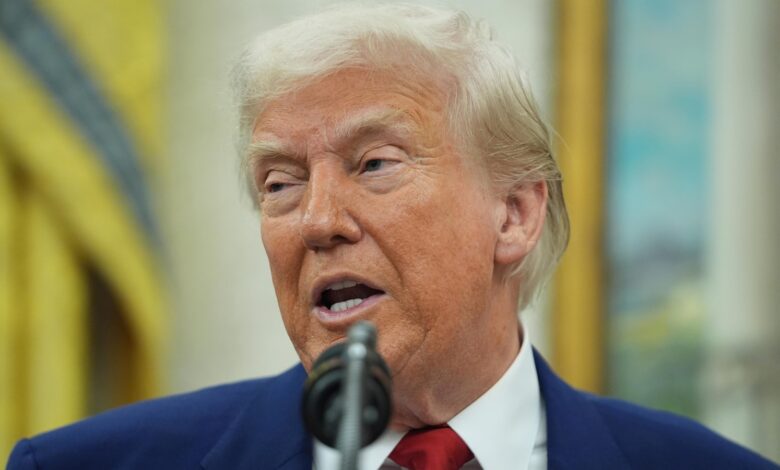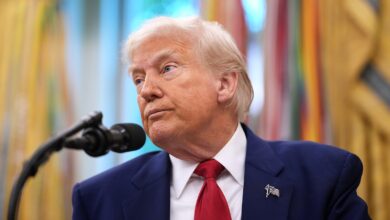What happens to Trump’s tariffs now that a court has knocked them down?

The recent decision by a federal court in New York to block President Donald Trump’s plan to impose massive taxes on imports from nearly every country in the world has sent shockwaves through the global trade community. The three-judge panel of the U.S. Court of International Trade ruled that Trump had overstepped his authority by invoking the 1977 International Emergency Economic Powers Act to justify the sweeping tariffs.
This ruling overturns decades of U.S. trade policy, disrupting global commerce, rattling financial markets, and raising concerns about higher prices and the risk of recession both in the United States and around the world. The court’s decision not only blocks the tariffs imposed on almost all U.S. trading partners but also invalidates the levies previously imposed on China, Mexico, and Canada.
Trump’s justification for these tariffs was based on his claim that the United States’ longstanding trade deficits constituted a national emergency. However, the court found that these tariffs exceeded his authority to regulate imports under the International Emergency Economic Powers Act. The decision has thrown the president’s trade policy into turmoil, leaving partners uncertain about the future of negotiations and companies reassessing their supply chains to mitigate risks.
While the ruling does leave in place other tariffs imposed by the Trump administration, including those on foreign steel, aluminum, and autos, it significantly limits the president’s ability to unilaterally impose tariffs under the guise of a national emergency. The court’s decision emphasizes the importance of congressional authority in setting taxes and tariffs and serves as a reminder of the limitations of executive power in trade policy.
In the wake of this ruling, stakeholders in the global trade community will need to closely monitor legal developments and adjust their strategies accordingly. The decision underscores the need for a more balanced approach to trade policy that respects the rule of law and the role of Congress in shaping economic policy. As the legal battle over these tariffs continues, the implications for global trade and economic stability remain uncertain.





